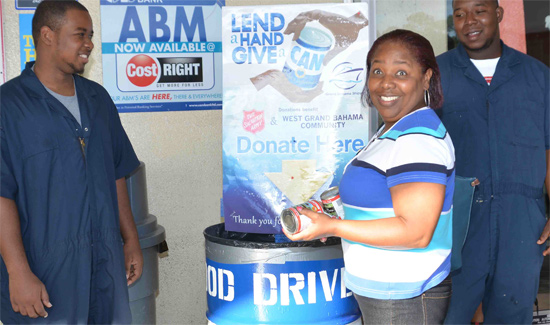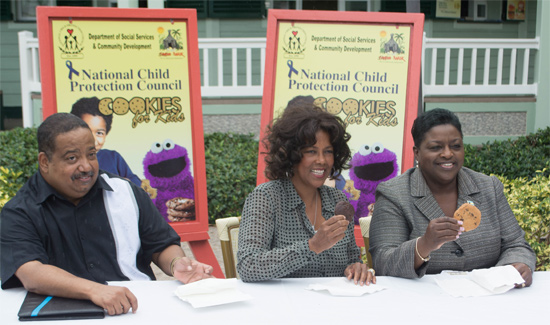
On January 19, 2012, Nathan Moody, a search and rescue volunteer, who resides in the Bahamas, boarded the Joy B, which was found anchored in shallow waters near Memory Rock. Four months earlier, the owner, 72-year old John William Batchelor, had set sail on the Joy B for his annual pilgrimage; now, he was missing, leaving his four-legged companion, Dingo, to fend for himself.
Initially, Moody thought the dog was dead but realized he was still hanging on, so he carried the dog, too weak to walk, and brought him back to Grand Bahama Island, sending him straight to an animal hospital. The veterinarian was amazed that Dingo had survived, as he had been without water for at least a week and food even longer. The vet nursed him back to health as best they could given their limited resources, but the gash on his leg would never totally heal.
In May, Moody and Dingo were attacked by potcakes, the local term for packs of wild dogs in the Bahamas. Moody’s other dog, a pit bull, saved him when she broke lose, killing one of the potcakes. The pack dragged Dingo into the woods and started devouring him. A few hours later, Dingo reappeared with the same gimp leg in extremely bad condition. After weeks of antibiotics and treatment, the Bahamian vets said that with the bone exposed, there was nothing more they could do in the West End. Moody, who is in the process of moving back to the US after living on the island 5 years, had a work permit issue with the government and was restricted from leaving the island for 30 days.
After the vet visit, Dingo took a turn for the worst. Knowing Dingo would not survive, his brother, Rob, traveled to the Bahamas and brought Dingo back to Wilmington, NC. Upon arrival, he was taken to Atlantic Animal Hospital, where he received excellent care from Dr. Michele Rohrer.
“When Dingo arrived at our hospital, he was completely non-weight bearing on his right hind leg,” stated Dr. Michele Rohrer, owner of Atlantic Animal Hospital. “He had lost more than 50% of the skin covering the outside of his foot from the septic wound, and his metatarsal bone was exposed. His muscles were so contracted from chronic disuse of the limb that we were unable to completely extend the limb, even under anesthesia. Now, with antibiotics, analgesics, wound management and physical therapy, Dingo has almost regained full use of his leg. We anticipate he will make a full recovery.”
“If any animal has earned a right to live, it is Dingo. With everything he has been through: weeks aboard an empty sailboat without food and water, nursed back to almost good health then attacked by wild dogs, only to have his life end on a broken leg and infected wound would just not be fair,” expressed Rob Moody.
“We all become partial to our vets; when you find a good one you do not stray. My trust in Dr. Rohrer is unquestionable, and I felt that if Dingo was willing to fight to live, my vet would give him every chance to do so. I know that leaving Dingo in Dr. Rohrer’s care was the only option to ensure his survival.”
“As a dog lover, I felt for all of the hardships Dingo has endured and am relieved to hear that he will regain the full use of his leg. We are glad to be able to help cover some of his medical expenses and are grateful to our customers, Atlantic Animal Hospital, who have restored Dingo’s health,” commented Travis York, General Manager at Live Oak Bank.
Live Oak Bank was founded to provide small business loans to professionals looking to start or expand their business. Aside from acquisitions and refinancing, Live Oak’s lenders specialize in real estate loans and ground-up construction projects. The bank originally began lending to veterinarians, and has since expanded to dentists, independent pharmacists, and funeral home owners nationwide. Having such a keen industry focus and trade specialists on board, enables the bank to offer an unparalleled level of service to the client. To learn more about Live Oak Bank, please visit www.liveoakbank.com.



